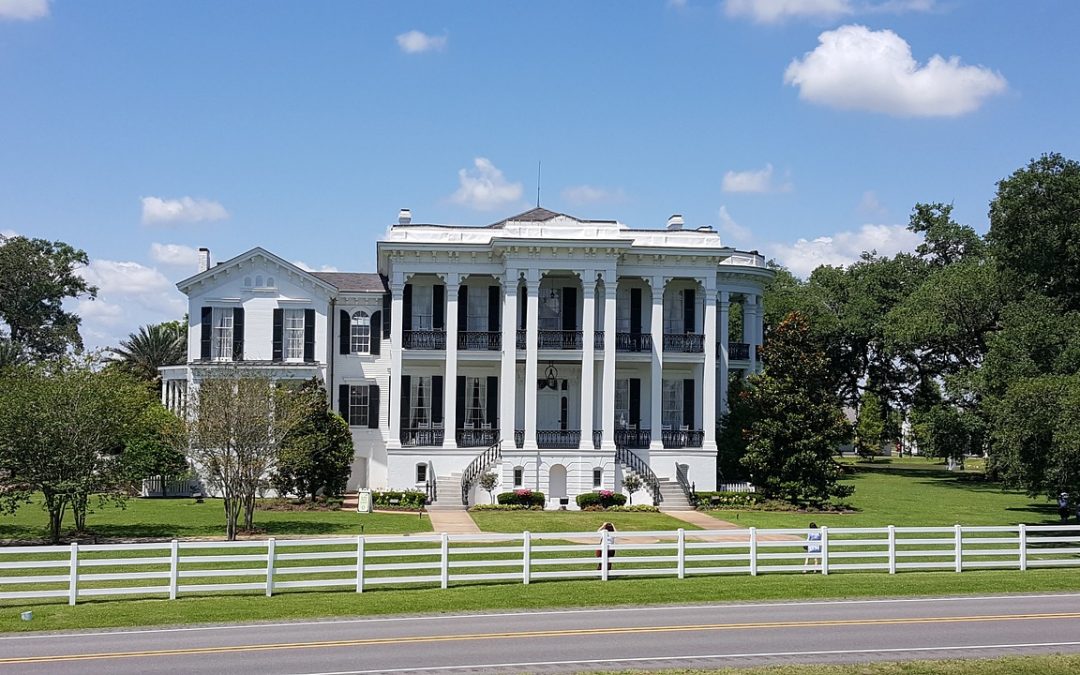Georgia voters have defied efforts to suppress them
On Tuesday afternoon, they waited over an hour and a half to vote in Atlanta in the Georgia Senate runoff between Democrat Raphael Warnock and Republican Herschel Walker.
The wait times to vote are a scandal. But, voter suppression is one of the surest cures for apathy. Nothing makes you value a thing like someone trying to steal it from you.
The line, and all the people patiently waiting in it, is a symbol of resilience and perseverance. It is a reminder that people will work hard to overcome obstacles to accomplish things they deem essential.
Waiting in line is such a feature of Georgia voting that some counties even publish their waiting times online so that voters can plan their arrivals to have the shortest wait.
This wait would have been impossible for someone struggling with child care or elder care, or someone whose job — or jobs — wouldn’t allow for that long a break in the middle of the day.
And as usual, these waits can disproportionately affect nonwhite voters.
According to a report by Georgia Public Broadcasting and ProPublica before Election Day in 2020, a shrinking number of polling places has primarily caused long lines in nonwhite neighborhoods where voter registration has surged and more residents cast ballots in person on Election Day.
For example, nine metro Atlanta counties have nearly half of the state’s active voters but only 38 percent of the polling places
But those voters would not be deterred.
During the general election, voters set a record for the number of early votes cast in a Georgia midterm election. On Monday and Tuesday they set records for single-day early voting in a Georgia runoff.
It is interesting to note that an estimated 35 percent of the early votes so far are from African Americans, a slightly greater figure than their percentage of the population of Georgia.
Those voters were the ones targeted by Georgia’s latest round of voter suppression with uncanny accuracy, as the Brennan Center for Justice’s president, Michael Waldman, put it last year.
Waldman wrote that Gov. Brian Kemp signed his voter suppression bill in front of a painting of a plantation where more than 100 Black people had been enslaved. The symbolism, unnerving and ghastly, is almost too fitting.
Voters are responding with defiance to the efforts to suppress.
And yet that defiance might still not be enough to overcome all of the obstacles placed in voters’ way. While those record daily numbers are heartening, they are in part a result of a new Republican election law that cut the number of early-voting days roughly in half.
Even with the extraordinary turnout, it is unlikely this year’s early voting will match that of last year’s runoff between Warnock and the Republican incumbent, Kelly Loeffler.
In addition, Republicans have fielded a singularly offensive candidate in Walker, a man not fit for elective office, a walking caricature of Black competence and excellence, as if Black candidates are interchangeable irrespective of accomplishment and proficiency.
I have disgust for the efforts to suppress the vote in all state, but I admire the voters’ determination not to be suppressed.
Democracy is being saved by people climbing a hill that should never have been put in front of them.
We can only hope that the policies of Warnock, which are aligned with the mission statement of the NABWMT are instrumental in the in the Georgia election.
And if that is the case we can celebrate the win at our National Convention next year in Atlanta.
__________________________________
Source: New York Times, Charles Blow

